Julie Hansen is July’s Contributor Spotlight! Each month, SalesPOP! interviews one of our top contributors, giving readers a peek into the mind of experts in the sales industry. Hansen leads the sales industry in presentations, helping salespeople to create and deliver the perfect sales presentation. She founded Performance Sales and Training, an organization that helps teach sales presentations, and offers workshops on mastering the craft. She is the author of Act Like a Sales Pro: How to Command the Business Stage and Dramatically Increase Your Sales with Proven Acting Techniques, and Sales Presentations For Dummies.
She has also written lots of content for SalesPOP!, including Is Your Sales Presentation Built to Bore?, and Start with Why: The Key to a Successful Presentation? Hansen has also been a part of media content for SalesPOP!, and participated in an expert sales interview with John Golden on Creating Sales Kick-Off Meetings that Really Count as well as a #SalesChats, discussing High-Impact Sales Presentations.
In order to get to know Hansen a little more, and get insight into her career in sales and her contributions to SalesPOP!, check out her interview below.
You’ve built your career on teaching people how to create influential sales presentations. What drew you to this aspect of the sales world?
I believe that overcoming our own challenges is the greatest thing we can offer others. As a salesperson, I had an almost debilitating fear of presenting. It wasn’t until I began studying acting that I was able to overcome it. As a presentation coach, it’s an absolute privilege and joy to be able to use my experience as an actor and a salesperson to help others communicate their ideas in a compelling and memorable way – with confidence – so they can be more successful.
What are some ways that sales presentations can benefit a salesperson? What makes sales presentations uniquely beneficial?
As difficult as it is to get in front of customers today, whether live or virtually, it’s critical that you maximize that time and deliver your message as impactfully as possible. A well- constructed presentation allows you to build your case in a logical, persuasive manner, which can win over resistant buyers, pre-empt objections and speed up sales cycles. And for more complex products with longer selling cycles, a memorable presentation can keep your solution top-of-mind when buying decisions are finally made.
Knowing what you know now, what career advice would you give yourself 20 years ago?
Find a good mentor. Look for people who are one, two, even three steps ahead of you. Seek advice from those outside of your industry. It’s easy to get tunnel-vision based on where you land in your first job, so it’s important to network with others who can offer a broader or at least different perspective.
You’re a top contributor to SalesPOP!, and you’ve definitely left your mark on this online sales magazine. What is it about contributing that you enjoy, and find valuable?
I love contributing to SalesPOP! because it’s such a high-quality resource for sales teams, and it’s an honor to be associated with it and my fellow writers. John and his team have done an excellent job of curating fresh, top-notch advice on a wide range of sales-related topics. I find it really useful when I’m looking for guidance in an area outside of my expertise.
What’s the best piece of advice you’ve ever gotten, career or otherwise?
Let go of waiting to make your move until you have absolute knowledge and understanding. You’re never going to have all the information you’d like – about a client, about a project, about anything really. As I was writing Sales Presentations for Dummies, new developments in technology, video and AI in sales kept materializing. If I waited until all the results were in, I’d never have finished. I like the wisdom and practicality in the saying: “Do the best you can until you know better. And when you know better, do better.”
What has been the biggest hurdle in your career, and how did you overcome it?
Early in my career, I was easily intimidated by people who had a “C” in their title. Confidence is vital in sales, especially with executives so it was really impacting my ability to move about within an organization.
As an actor, I learned how status affects your relationships with others. If I assume I have a lower status, I’m likely to act overly-deferential and feel unworthy of taking up someone’s time. Naturally, the other person picks up on that and reacts accordingly.
So I learned to approach executives like any other business relationship from a place of equal status. Which means, I had to truly believe that I had something of value to offer and the right to be heard. If I don’t believe that, then the other person has no reason to believe it either. Now I consider myself a peer or trusted advisor and it’s changed my entire attitude, as well as the way I communicate verbally and nonverbally. As a result, I feel more confident and I can have more effective conversations with executives.


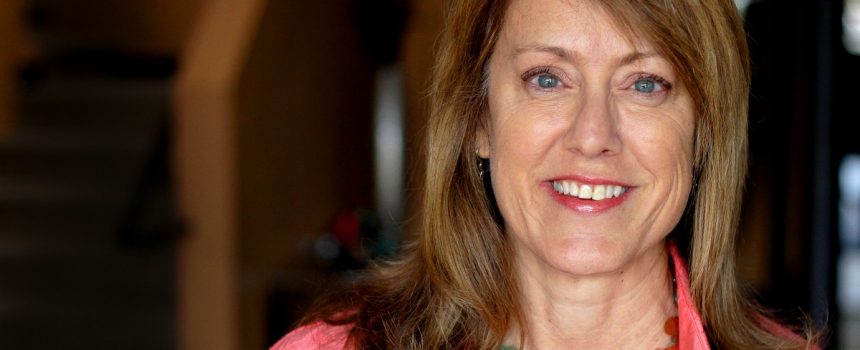
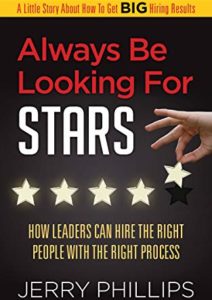
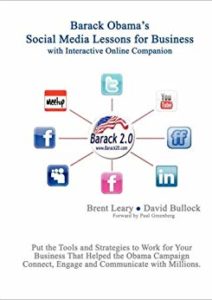
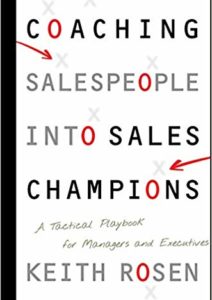
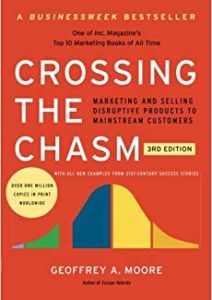
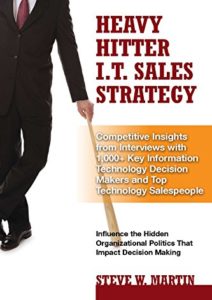
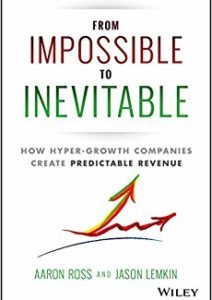
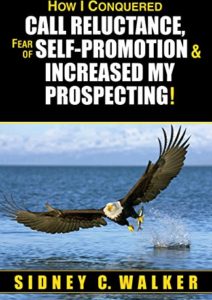
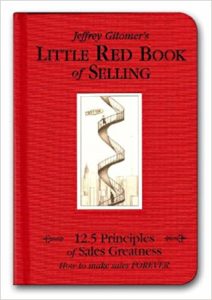
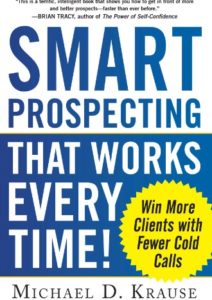
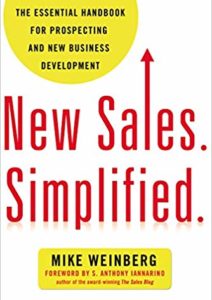
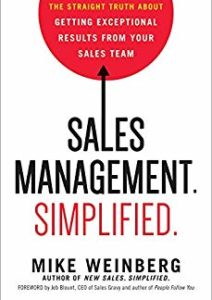
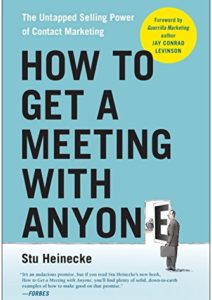








Comments (1)
Great stuffs